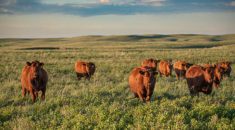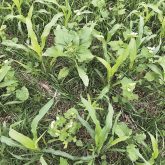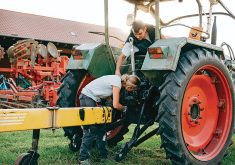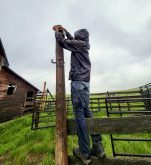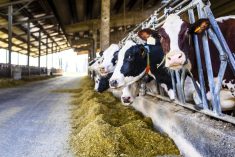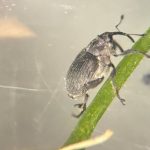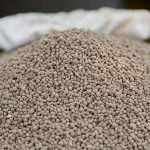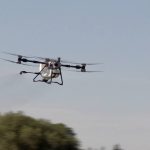Crop producers are practising sustainable farming, but consumers want proof — and that’s why a code of practice is needed, says a veteran industry leader.
Consumers don’t understand that crop practices in Canada are sustainable, Ted Menzies said at the recent AGM of the Alberta Federation of Agriculture.
“Maybe they don’t need to understand that,” he said. “But maybe we need to be able to share through that story how we’re improving the air, soil and water, and how we’re protecting all of those.”
Read Also
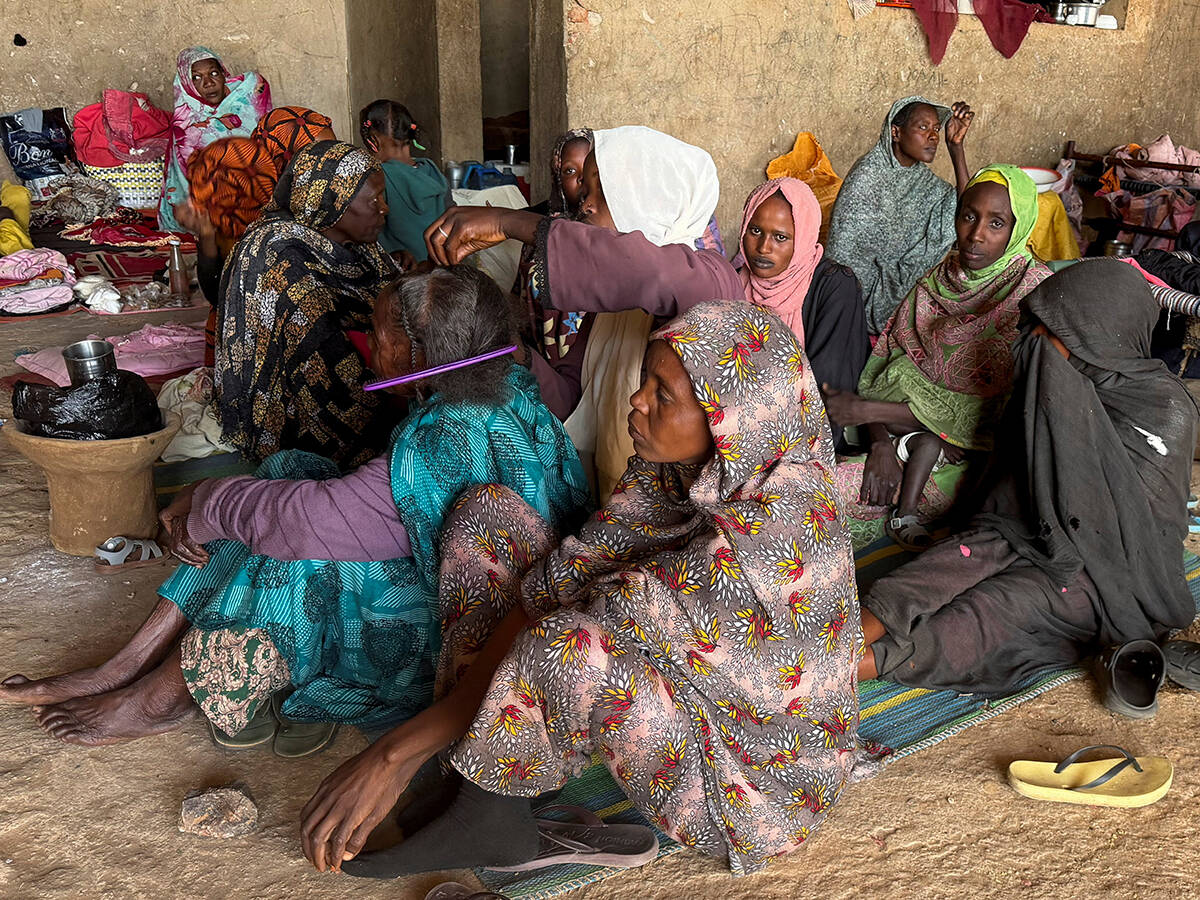
‘Millions will die’: Foodgrains Bank faces $2.7B federal funding threat
Foodgrains Bank warns $2.7B aid cut triggers a humanitarian crisis, risking global hunger relief and 40 per cent of its funding.
Menzies — whose resumé includes a 30-year farming career, leadership roles in farm groups, four terms as an MP, and head of Crop Life Canada — now chairs a committee developing a code of practice for the Canadian Roundtable for Sustainable Crops.
“The steering committee of the Canadian Roundtable for Sustainable Crops saw the need to demonstrate sustainability and provide a tool for farmers to not change their practice as much as show their practice,” he said, adding the group views the Canadian Roundtable for Sustainable Beef as a model.
“They are looking hard at where beef has gone and how they can get there and are trying to mirror some of that,” he said. “This trust that we’re hoping to get is the same trust that the beef industry has got.”
The code — which will be voluntary, national, and cover all cereals, oilseeds and special crops — is aimed at building and preserving public trust both at home and abroad.
“The next step of that is market access,” said Menzies. “If you don’t have public trust, you run into issues such as what we have with durum in Italy or other market access issues. It’s too long a list to talk about.”

But while beef is the model, developing a crops code for all parts of the country, including all types of soils and climate conditions, presents additional challenges.
“What works on my farm in southern Alberta doesn’t necessarily work on a potato operation in P.E.I.,” he said.
“It will take time to develop this baseline. These need to be practical and manageable, as well as consider the economic implications. We need to recognize current science as being part of that sustainability.”
The code will not replace environmental farm plans or requirements needed to meet specific crop contracts.
The roundtable has established a sustainability metrics platform. It includes, but is not limited to, areas such as health and worker safety, food safety, nutrient management, plant-breeding technology, land use and pesticide use.
“We don’t have to reinvent a lot of these, but we have to put them in as part of our standard practices,” said Menzies.
The code will quantify how air, water and soil are being protected and how fuel consumption is being measured.
The first meetings to develop the code of practice were held in November and Menzies’ committee, which includes five farmers along with reps from industry and non-governmental organizations, aims to have the draft code finished by summer. The roundtable will then seek public feedback, which will continue after this fall’s harvest.




